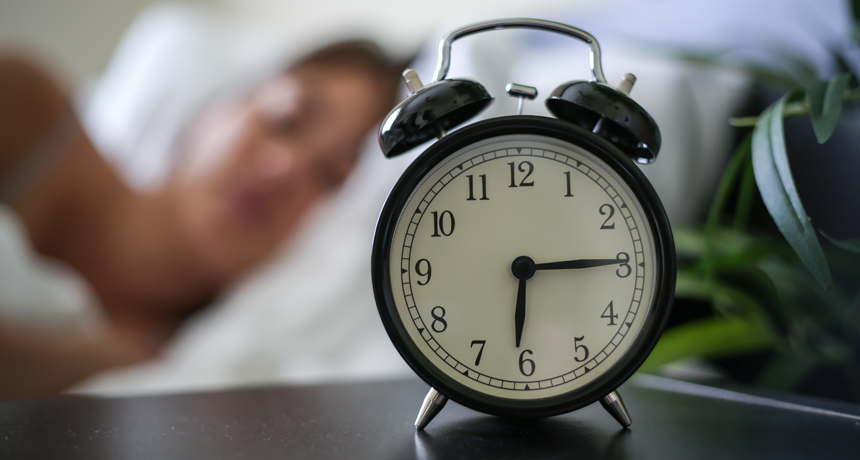Three Scientists Won the Nobel Prize for Discovering How Body Clocks are Regulated
On October 2, Jeffrey C. Hall, Michael Rosbash, and Michael W. Young won the 2017 Nobel Prize in Physiology or Medicine for their discoveries regarding molecular mechanisms controlling the circadian rhythm
Their work and research played a highly important role in identifying how cells in organisms regulate the internal body clock that leads people to feel either awake or sleepy.
Their discovery is tremendously important due to the fact that it shows how biology regulates body clocks for living organisms, from fruit flies to human beings.
Chronobiologists are those studying this kind of science; they emphasize how important the discovery is, taking into consideration that body clocks play a big role in humans’ health.
“[S]ome people still think the body clock is something esoteric rather than a profoundly biological function,” chronobiologist Till Roenneberg wrote in his book “Internal Time: Chronotypes, Social Jet Lag, and Why You’re So Tired,” in a section explaining some of Robash’s work with fruit flies.
Roenneberg further explains that even though it is possible to change the natural rhythm in order to fit a schedule that a job or school may require, it can only be changed to a limited degree, while for some people it can’t really be shifted much at all.
“Yet the biological details, right down to the molecular and genetic levels, prove how much biology is behind our internal timing system.”
Source: businessinsider.com







